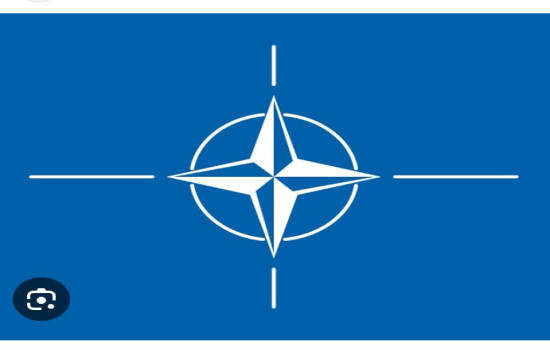
President Bola Tinubu agreed to a N70,000 minimum wage with labor leaders after multiple meetings involving the government, the union, and the organized private sector. On Tuesday, July 23, the president submitted the amended minimum wage bill to the National Assembly. It was debated in both the Senate and the House of Representatives and subsequently passed.
This change has increased the minimum wage from N30,000 to N70,000. The push for a higher minimum wage began after the president announced the removal of the fuel subsidy and introduced other economic measures.
Godswill Akpabio, the Nigerian Senate President, has outlined the categories of workers eligible for the N70,000 minimum wage.
According to Akpabio, employees such as house helps, apprentices, and other domestic workers must not be paid less than N70,000. Akpabio made this statement during the passage of the new minimum wage bill submitted to the Senate by President Bola Tinubu on Tuesday, July 23.
Senate President Akpabio has declared that all employers, including those in the small-scale and informal sectors who hire domestic workers or tailors, are now obligated to pay their employees a minimum wage of N70,000.